Researchers detect broad range of emerging synthetic antioxidants in dust in e-waste recyling centers
Green Car Congress
FEBRUARY 3, 2022
Manufacturers add synthetic antioxidants to plastics, rubbers and other polymers to make them last longer. Now, researchers have detected a broad range of emerging synthetic antioxidants, called hindered phenol and sulfur antioxidants, in dust from electronic waste (e-waste) recycling workshops, possibly posing risks for the workers inside.

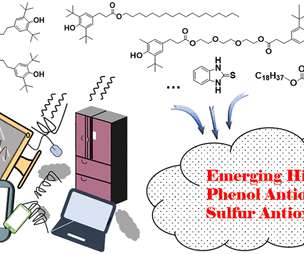



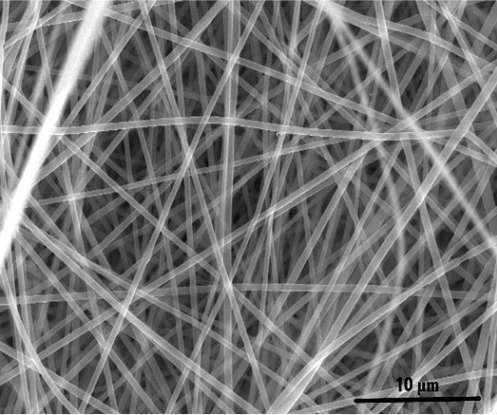

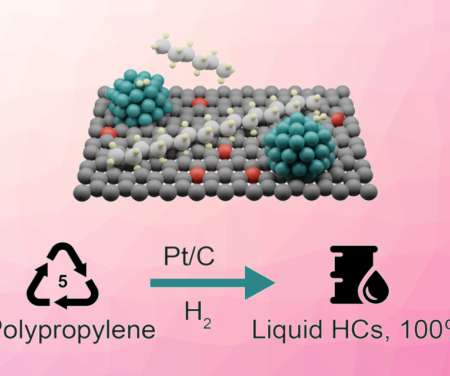
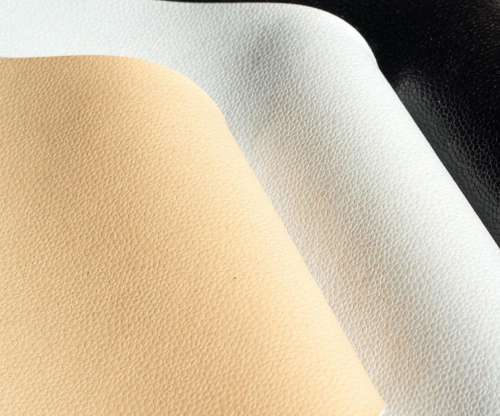

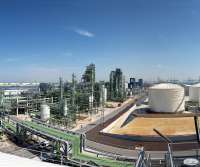

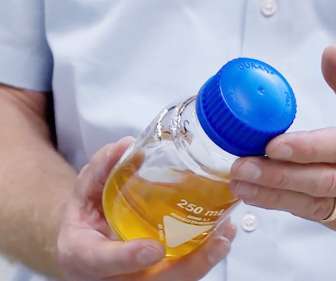

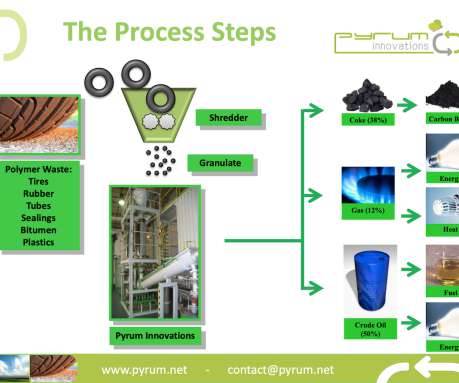

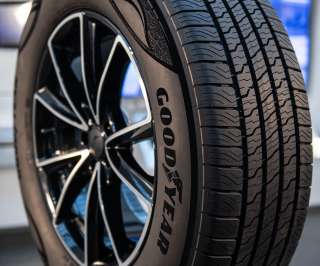
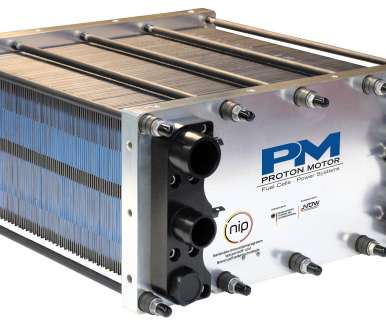

















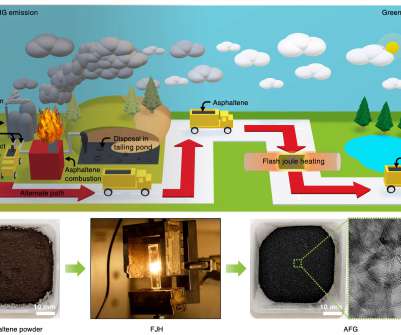







Let's personalize your content